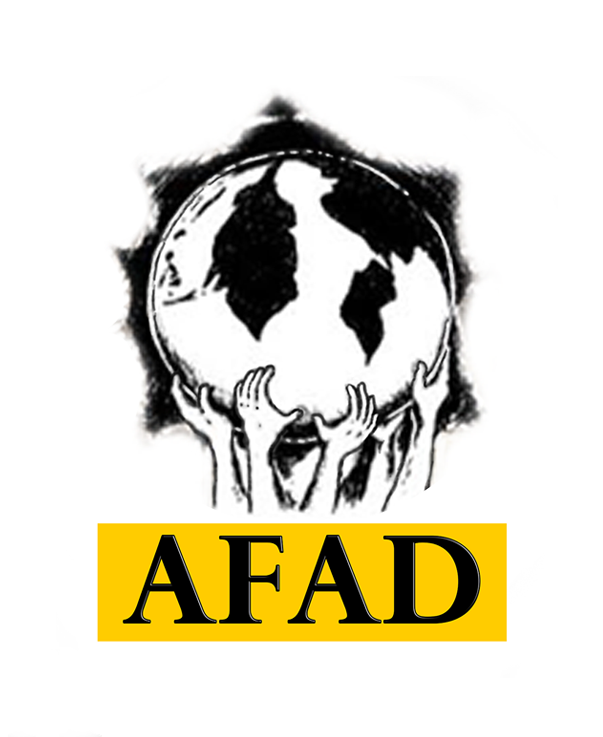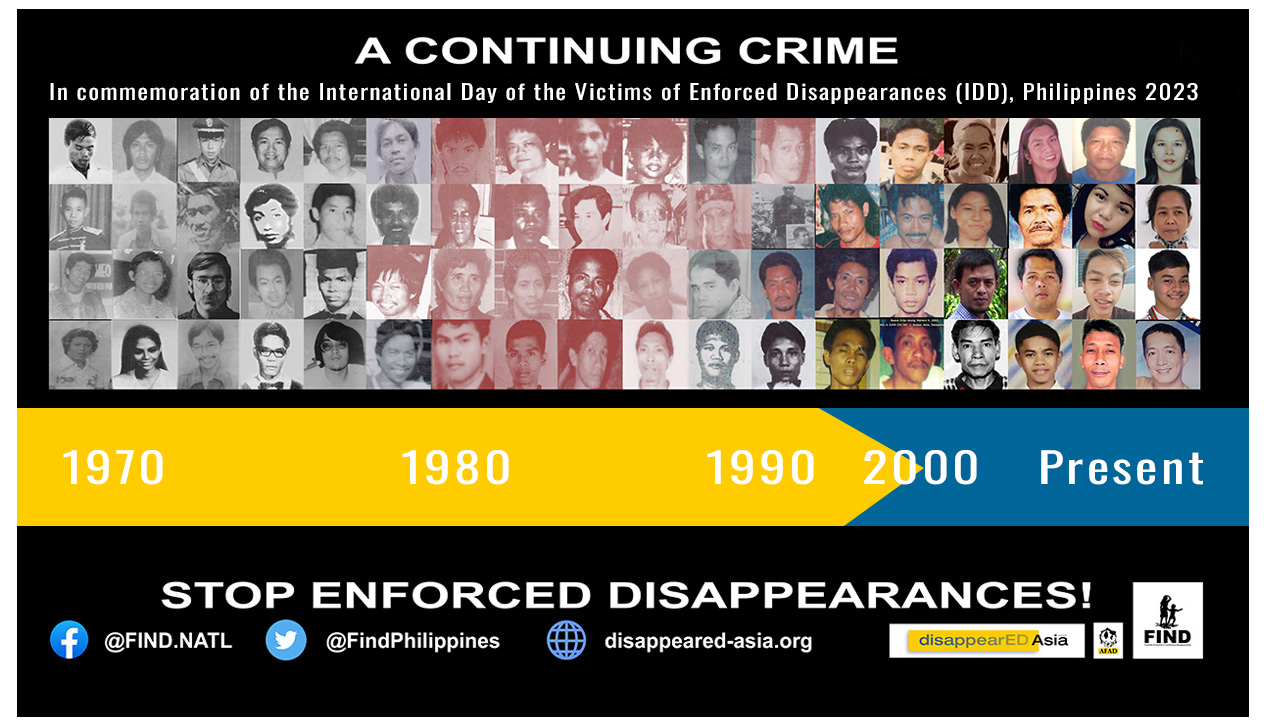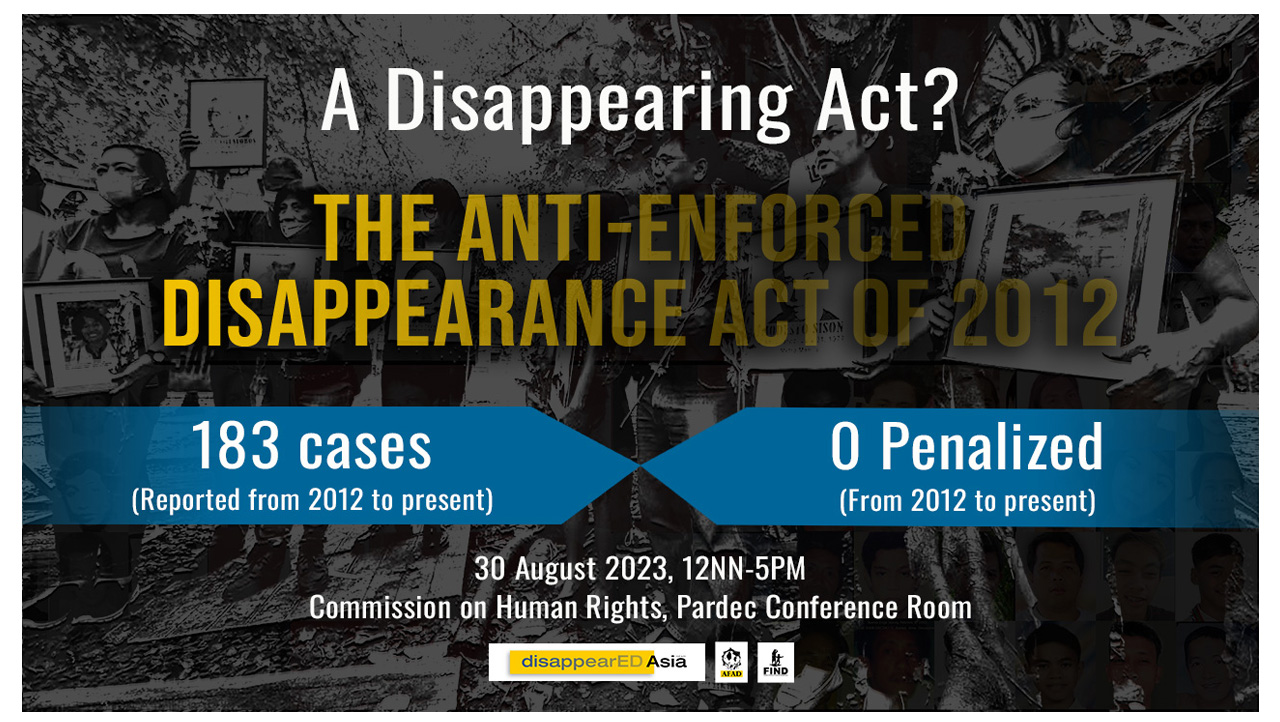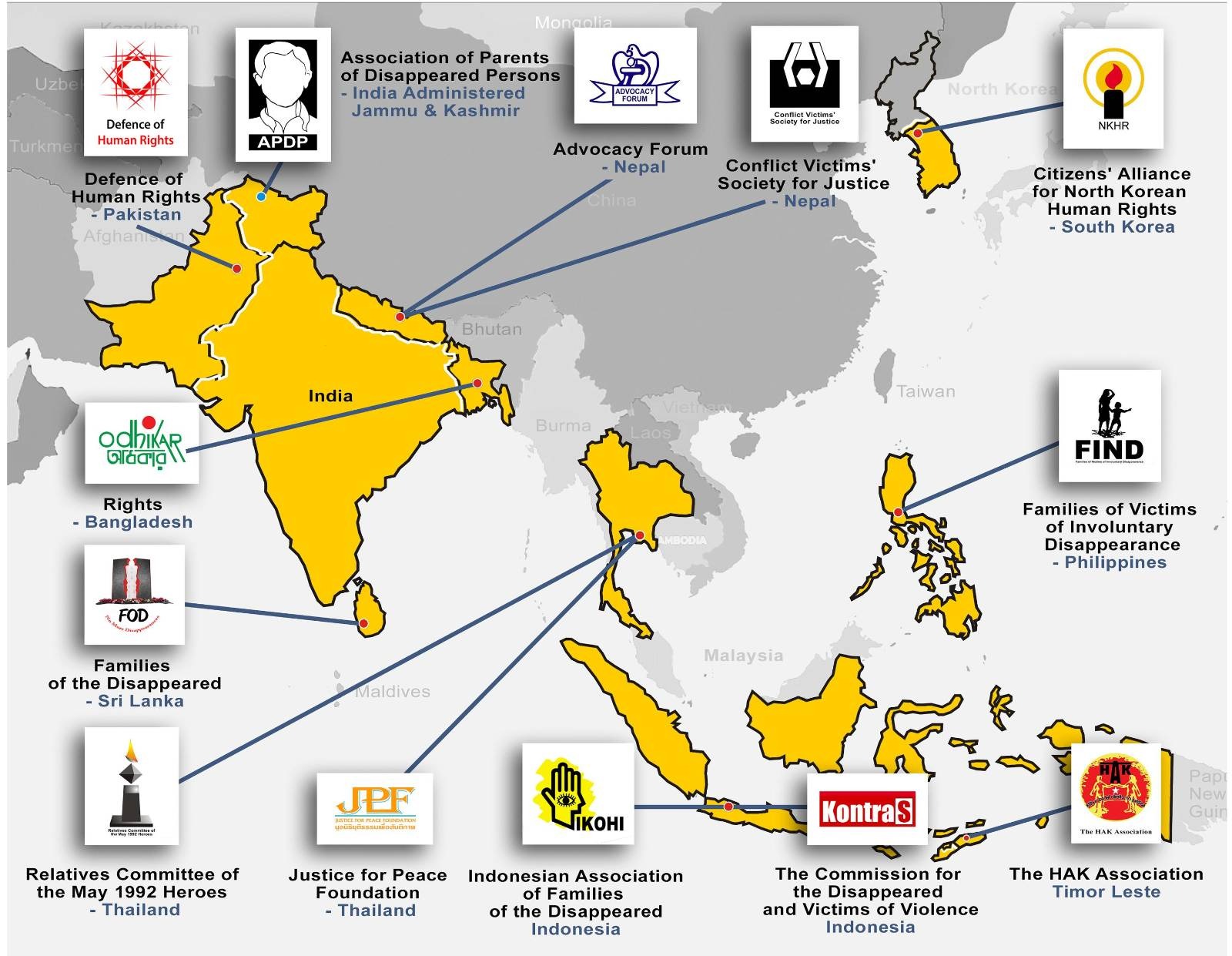What's Happening
AFAD Statement on the Anniversary of the Gwangju Democratization Movement in South Korea and the Black May Protests in Thailand
May 17 to 27, 1980 in South Korea and May 18 to 20, 1992 in Thailand: two different events, one common cause - to fight for freedom and democracy against a government led by a military general. In those days in both countries, thousands of people protested against their respective governments which denied them their civil and political rights. The Asian Federation Against Involuntary Disappearances (AFAD) joins with the members of the May 18 Memorial Foundation and the Relatives Committee of the May 1992 Heroes in paying tribute to all those who died, survived and disappeared in both the Gwangju Democratization Movement and Black May 1992 protests in South Korea and Thailand. They fought for their rights and those of the future generation. They are an inspiration to all of us who continue to work for a truly democratic and genuinely pro-people government in our respective countries.
Odhikar Bangladesh Human Rights Monitoring Report April 1-30, 2013
Odhikar believes that ‘democracy’ is a form of the State and not merely a process of electing a ruler. Democracy is the product of the peoples’ struggle for inalienable rights, which become the fundamental premise to constitute the State and to define collective aspirations and responsibilities. Therefore, the individual freedoms and democratic aspirations of the citizens – and consequently, peoples’ collective rights and responsibilities - must be the foundational principles of the State. The States failure to recognise this at the founding moment is a continuing curse that people are forced to carry. A State cannot be ‘democratic’ if the people do not realise and participate as ‘citizens’ in all sectors of the functioning of the state. The democratic legitimacy of the State is directly related to its commitment and capacity to ensure human rights, such as rights to life and livelihood, rights to environment and health; and the dignity and integrity of citizens. If all this is not ensured by the State, it cannot be called a ‘democratic’ state. These civil and political rights, as the foundational principles of the State, must remain inviolable; and accordingly, the Parliament, Judiciary and Executive cannot and should not have any power to abrogate them through any legislation, judicial verdict or executive order. The people’s inviolable rights are the foundational principles of the State.
AFAD Statement on the 6th Anniversary of Jonas Burgos’ Disappearance
Truth cannot be hidden forever…
Exactly six years ago, Jonas Burgos, peasant leader and son of the late press freedom icon, Joe Burgos, was allegedly seized and made to disappear by the military at the Ever Gotesco Mall in Quezon City. For six long years, the Burgos family has indefatigably searched for him, used of every possible step available to know the truth behind Jonas’ enforced disappearance and bring those responsible to justice.
On the reported torture of Mr. Mahmudur Rahman, Interim Editor, Daily Amardesh newspaper in Bangladesh
The Asian Federation Against Involuntary Disappearances (AFAD) condemns the torture of journalist Mr. Mahmudur Rahman under police custody and calls on the government of Prime Minister Sheikh Hasina to investigate and hold accountable those responsible. The AFAD also asks Prime Minister Sheikh Hasina and her government to provide necessary medical care to Mr. Rahman and ensure his health and safety while in detention.
The case of Mr. Rahman, now confined at the Bangabandhu Sheikh Mujib Medical University (BSMMU) reportedly due to severe torture wounds, is an affront to your commitment to the UN Convention Against Torture and Other Cruel, Inhuman or Degrading Treatment or Punishment.

 Asian Federation Against
Asian Federation Against 

